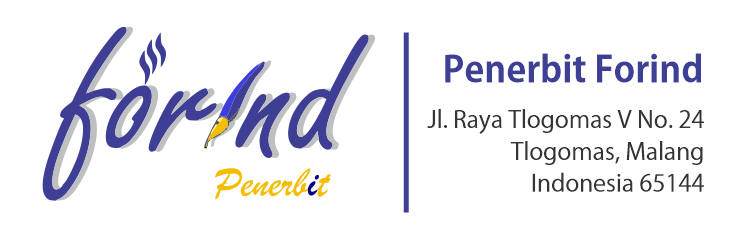HUBUNGAN KECEMASAN DENGAN GANGGUAN MAKAN (EATING DISORDER) MAHASISWA ILMU KEPERAWATAN DI FAKULTAS ILMU KESEHATAN UNIVERSITAS MUHAMMADIYAH JEMBER
Keywords:
Anxiety, Eating disorders , Student adaptationAbstract
Anxiety is the body's response to survival, but if it occurs in high intensity it can have a negative impact on an individual's quality of life, including triggering eating disorders. Anxiety in students is motivated by various academic demands. This study aims to analyze the relationship between anxiety and eating disorders in Nursing students at the Faculty of Health Sciences, University of Muhammadiyah Jember. This study used a quantitative descriptive design with a cross-sectional method. The study population was 170 Nursing students class of 2024, with a sampling technique using proportional stratified random sampling. The instruments used were the GAD-7 questionnaire to measure anxiety and the EDE-Q to assess eating disorders. The results of the Spearman Rank test showed a significant relationship between anxiety and eating disorders with a p value = 0.000 (<0.05) and a correlation coefficient (r) = 0.372 which indicated a fairly strong relationship. The results of the study showed that 73.9% of students experienced anxiety without eating disorders, and 26.1% experienced anxiety accompanied by eating disorders. There is a fairly strong relationship between anxiety and eating disorders in Nursing students, Faculty of Health Sciences, University of Muhammadiyah Jember. Students are advised to improve stress management through positive activities such as socializing with people around them. It is also important to get help to maintain a healthy diet and seek professional help if you experience symptoms of anxiety or eating disorders.
Published
How to Cite
Issue
Section
Copyright (c) 2024 ASSYIFA : Jurnal Ilmu Kesehatan

This work is licensed under a Creative Commons Attribution-NonCommercial-ShareAlike 4.0 International License.
Attribution-NonCommercial-ShareAlike 4.0 International (CC BY-NC-SA 4.0)
You are free to:
- Adapt — remix, transform, and build upon the material
- The licensor cannot revoke these freedoms as long as you follow the license terms.
Under the following terms:
-
Attribution — You must give appropriate credit, provide a link to the license, and indicate if changes were made. You may do so in any reasonable manner, but not in any way that suggests the licensor endorses you or your use.
-
NonCommercial — You may not use the material for commercial purposes.
-
ShareAlike — If you remix, transform, or build upon the material, you must distribute your contributions under the same license as the original.
- No additional restrictions — You may not apply legal terms or technological measures that legally restrict others from doing anything the license permits.




